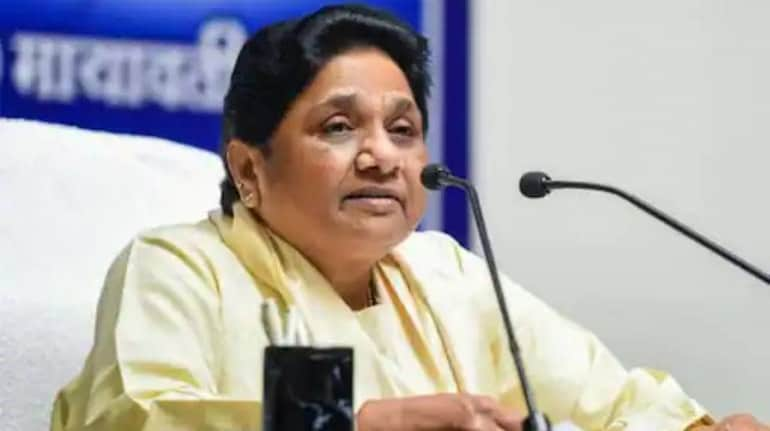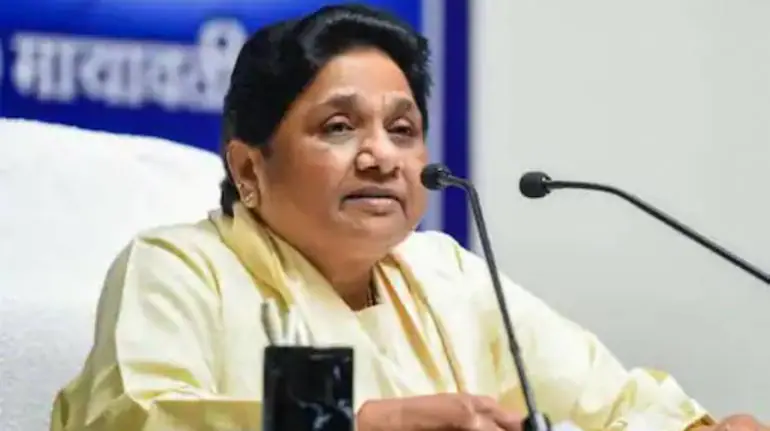
Mayawati’s Vision
Introduction
In a recent statement, Bahujan Samaj Party (BSP) leader Mayawati emphasized a crucial aspect of independence, arguing that true freedom will only be achieved when every citizen in India, approximately 140 crore in number, is liberated from poverty. This perspective invites a broader discussion on the meaning of independence in a contemporary context and the strategies necessary to eradicate poverty.
Table of Contents
The Concept of Independence
Independence, traditionally celebrated as freedom from colonial rule and foreign domination, carries a deeper significance in today’s world. It encompasses not only political sovereignty but also socio-economic stability and equitable opportunities for all citizens. Mayawati’s assertion highlights the need to expand our understanding of independence to include economic and social dimensions.
Poverty in India: A Persistent Challenge
India has made significant strides since its independence in 1947, achieving impressive economic growth and development. However, poverty remains a pressing issue. Despite progress, a substantial portion of the population continues to live below the poverty line, struggling with inadequate access to essential services such as education, healthcare, and basic amenities.
Poverty in India is multifaceted, influenced by various factors including inadequate infrastructure, lack of quality education, and limited employment opportunities. Addressing these challenges requires a comprehensive approach that targets both the symptoms and root causes of poverty.
Mayawati’s Perspective on Poverty
Mayawati’s focus on poverty as a key element of true independence reflects her broader socio-political vision. Her leadership has often emphasized the need for policies that address the disparities faced by marginalized communities. According to her, real independence is not merely about political freedom but also about ensuring that every citizen has the means to lead a dignified life.
Strategies to Eradicate Poverty
- Economic Empowerment Economic empowerment is crucial in the fight against poverty. This involves creating opportunities for individuals to improve their economic status through employment, entrepreneurship, and skill development. Government policies aimed at boosting small businesses, enhancing vocational training, and increasing access to credit can play a significant role in this regard.
- Education and Skill Development Education is a powerful tool for breaking the cycle of poverty. Ensuring access to quality education for all, especially for underprivileged children, can pave the way for better employment opportunities and economic stability. Skill development programs tailored to the needs of the job market can further enhance employability and income potential.
- Healthcare Access Adequate healthcare is fundamental to reducing poverty. Poor health can lead to loss of income and increased expenses, pushing individuals further into poverty. Expanding access to affordable and quality healthcare services is essential for improving the overall well-being of the population and ensuring that health issues do not become barriers to economic progress.
- Social Security and Welfare Programs Comprehensive social security and welfare programs can provide a safety net for the economically disadvantaged. Programs that offer financial assistance, subsidies, and support for essential services can help mitigate the impact of poverty and provide a pathway out of economic hardship.
- Infrastructure Development Developing infrastructure in rural and underserved areas can stimulate economic activity and improve living conditions. Investments in transportation, sanitation, and housing contribute to overall economic growth and create an environment conducive to poverty alleviation.
Role of Government and Policy Makers
The role of government and policymakers is critical in addressing poverty. Effective governance involves designing and implementing policies that target the root causes of poverty while ensuring that resources are allocated efficiently and transparently. Collaboration between various stakeholders, including government agencies, non-governmental organizations, and the private sector, can enhance the impact of poverty alleviation efforts.
Community Engagement and Participation
Community engagement is another vital component of poverty alleviation. Empowering communities to participate in decision-making processes and development initiatives ensures that solutions are tailored to local needs and realities. Grassroots involvement can lead to more effective and sustainable outcomes in poverty reduction efforts.
Measuring Progress
Measuring progress in the fight against poverty is essential for evaluating the effectiveness of policies and programs. Regular monitoring and assessment can help identify areas of success and areas requiring improvement. Transparent reporting and accountability mechanisms are crucial for maintaining public trust and ensuring that poverty alleviation efforts are making a tangible difference.
Challenges and Opportunities
Addressing poverty presents numerous challenges, including resource constraints, political complexities, and socio-economic barriers. However, these challenges also create opportunities for innovation and collaboration. By adopting a multi-faceted approach and leveraging the collective efforts of various sectors, India can make significant strides toward eradicating poverty and achieving true independence for all its citizens.
Conclusion
Mayawati’s call for freedom from poverty as a measure of true independence underscores the need for a comprehensive approach to addressing socio-economic disparities. While India has made considerable progress since independence, there is still much work to be done to ensure that every citizen enjoys the benefits of economic stability and social equity. By focusing on economic empowerment, education, healthcare, social security, and infrastructure development, India can move closer to realizing the vision of genuine independence for all its people.










